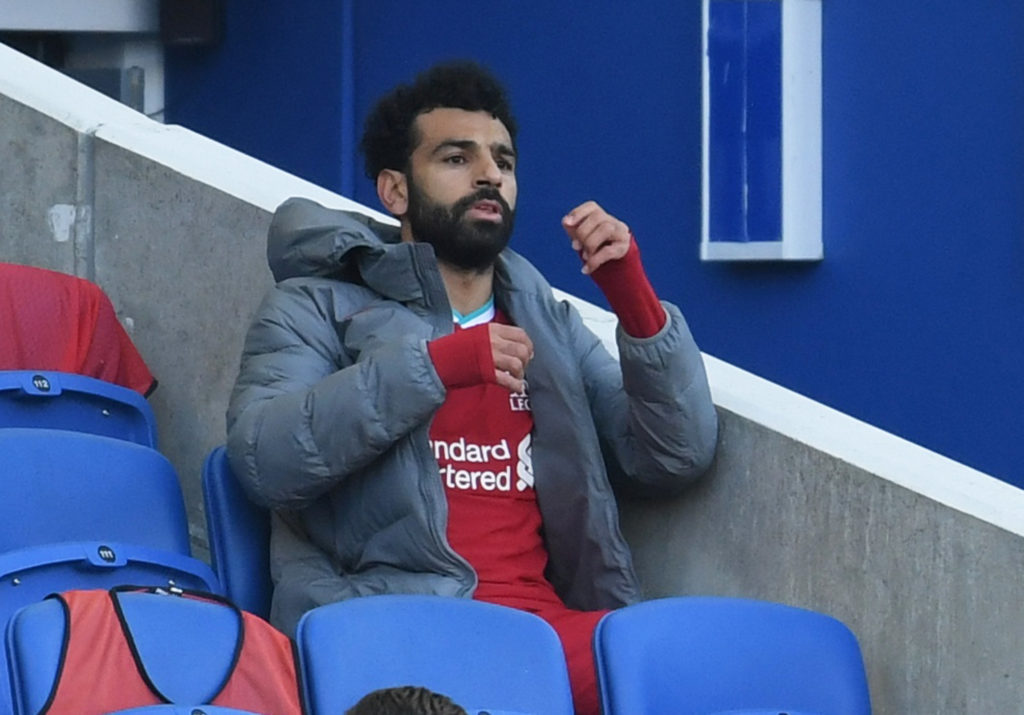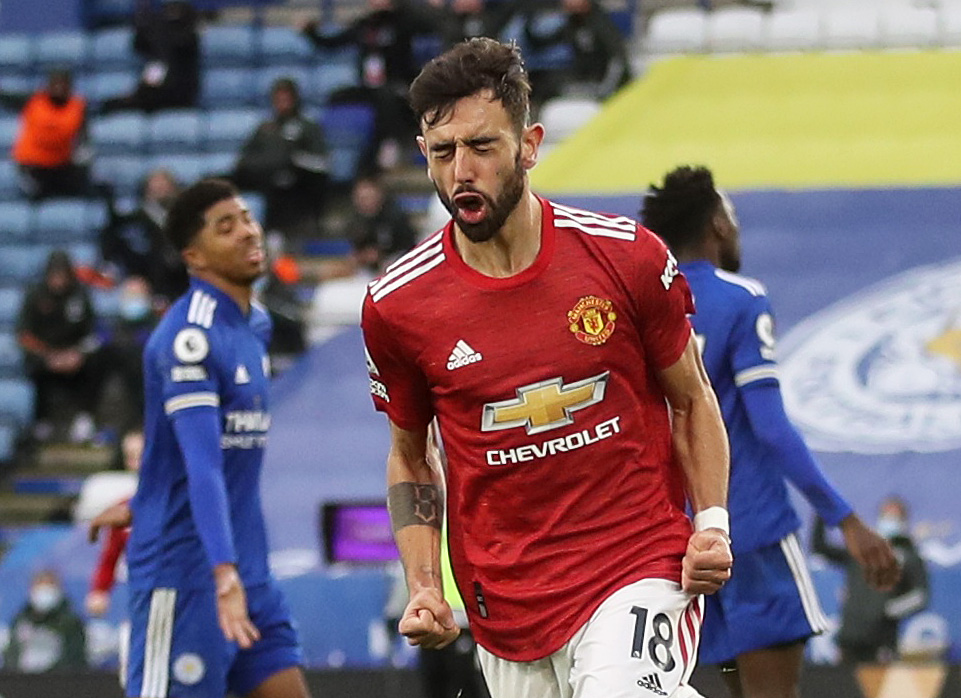There is a lot of talk in the Fantasy Premier League (FPL) community about the importance of patience and knowing when to act and when to wait is widely accepted as a crucial element of success.
But even a casual perusal of the desperate lamentations that echo across fantasy forums on a Saturday evening will illustrate that, while we fantasy managers often fail to act when we should, we very often act when we shouldn’t.
In fact, it’s very hard not to act, it feels good to act, especially after a bad Gameweek.
So why is patience such a virtue when it comes to fantasy football? What does science have to say about this? The answer might involve marshmallows.
The Marshmallow Experiment
Aside from perhaps the Stanford Prison and Milgram experiments (1971 & 1963 respectively), few psychological experiments have gained the notoriety of the Stanford Marshmallow Experiment (1972).
In this study, young children were sat in a room with a marshmallow placed in front of them and were told that they could eat the marshmallow now or, if they waited 15 minutes, they would be given a second marshmallow.
Inevitably, some of the children ate the first marshmallow while some avoided temptation long enough to receive the second marshmallow. And some of them just cried.

What was most interesting about the Marshmallow Experiment is that they followed up with the children 10 years later and found that those who had resisted eating the first marshmallow had largely scored better in their SATs, performed better in school generally and even had healthier BMIs.
While there is some debate as to why this correlation between the ability to delay gratification and these various measures of success should exist, it exists nonetheless.
Much like tomato ketchup and a certain Irish stout, good things come to those who wait.
While the results of the Marshmallow Experiment are still debated, the idea that there is a link between ability to delay gratification and improved prospects of success in humans has, for years, been supported by high profile and influential figures ranging from psychologist Jordan Peterson to motivational speaker Tony Robbins, both of whom, in fact, consider this ability to be among the most important indicators of success in both children and adults.
Applying the Theory to FPL
So can we as FPL managers learn anything from this?
Well, one very obvious parallel exists if you replace marshmallows with free transfers.
You can have two, but you have to avoid using the first one.
I’m a huge believer in saving the second transfer whenever possible and, while I’m not aware of any studies on the subject, I know that there is a fairly strong correlation between the success of my transfers, how well I’m doing in FPL generally and how often I’ve been able to carry a transfer.

The most obvious reason for why this might be is that, whereas with one transfer your options are limited to players within the same price bracket as the one you’re getting rid of, with two transfers you have far, far more options.
A second reason might be that waiting a gameweek to make two transfers instead of one per gameweek gives you more time to think and reduces the likelihood that you will make some sort of knee-jerk mistake that you end up regretting.
A similar principle could be applied to when you make your transfers. This season, perhaps more than any others, has shown the benefit of waiting as late as possible to make your changes.
It’s generally accepted that access to more, and more current information will typically improve decision quality and FPL is likely no exception.
Of course, being patient is easier said than done, especially off the back of a bad Gameweek where the temptation to make a change, any change, is huge.

Here, we might take a leaf out of the children of the Marshmallow Experiment’s book in that some, in an attempt to avoid temptation, simply put their hands over their eyes.
In an FPL context, this might mean avoiding looking at player prices or even spending too much time thinking about your next transfer until a day or two before the next Gameweek begins.
The principle of delaying gratification could equally apply to when you use your chips.
Serious FPL managers have long been distinguished by their tendency to keep their wildcards and chips until later in the season and, while it doesn’t always work out as intended, this approach confers all sorts of benefits including the opportunity to take advantage of Double Gameweeks, a typically higher team value to invest in players and more knowledge of who the best teams and players are.
Of course, there are also disadvantages to being patient.
Just as cautious cavemen in the Paleolithic Era were less likely to be eaten by sabre-tooth tigers, they were also less likely to find food themselves, particularly if they were too cautious.
The benefits of delaying action in FPL must always be weighed against the benefits of taking it and distinguishing which is the correct course and when, is and always has been a big part of the skill to this game.
However, knowing that a bias towards patience generally (be it natural or forced through will) is likely to produce better results overall, should be a positive step in the direction of making better and more deliberate FPL decisions.



3 years, 10 months agoA or B
A Son and Foden
B KDB and Adams